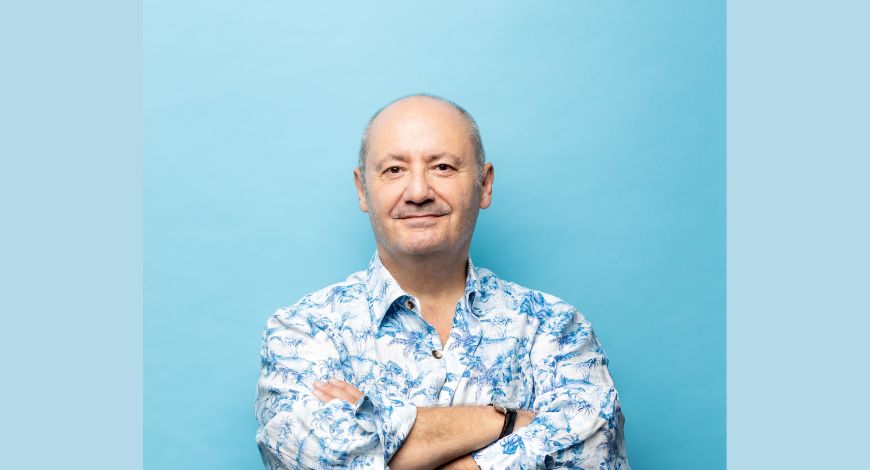The recently renovated InterContinental Chiang Mai The Mae Ping has earned LEED Gold Certification, becoming the first hotel in Chiang Mai to be recognised for its sustainability initiatives.
In its first LEED certification since opening, the hotel achieved a total of 65 points out of 100, earning top marks for water efficiency, innovation and focus on region-specific priorities.
LEED (Leadership in Energy and Environmental Design) is the world’s most recognised green building rating system and focuses on sustainable living, the health of people and the environment.
A leader in sustainable hospitality, InterContinental Chiang Mai The Mae Ping is now part of a select group of eco-friendly and innovative properties around the world that meet the exacting LEED Gold criteria.
According to general manager Adnan Yucel: “When redesigning the iconic hotel that is now InterContinental Chiang Mai The Mae Ping, energy efficiency and sustainability were always at the forefront of our priorities. We are immensely proud that our dedication has been recognised with LEED Gold Certification. By combining the latest in green technology and architecture with deep respect for Thailand’s cultural heritage, we are committed to leading the way in sustainable luxury.”

Staying sustainable
To reduce water use, the team at InterContinental Chiang Mai The Mae Ping relies on 100 percent recycled water for landscape irrigation, and recycled water and water-saving fixtures for indoor systems.
By choosing native and adaptable plants for its gardens, the hotel has not only contributed to restoring and protecting habitat areas from development and construction activities but has also ensured a significant reduction in water usage.
As part of the efforts to minimise nighttime light pollution, backlight reduction lamps soften exterior glare, while facade and landscape lighting automatically turns off between midnight and 6:00 am.
To reduce energy consumption, solar panels connect directly to the hotel’s electrical system, bypassing battery storage, and cover over three percent of the annual energy cost.
In addition, high-performance laminated glass has replaced the original vision glass, ensuring enhanced energy efficiency throughout the building.
Finally, to mitigate the effect of tropical heat, light-coloured pavements were chosen for the hardscape areas.
With over 45 percent of the site dedicated to open spaces, including diverse green zones, social areas and recreational spaces, both guests and team members can enjoy social interactions in calming natural environments.

Sustainable by design
The hotel’s design, highly ranked by LEED for its commitment for innovation, celebrates Lanna culture by including such elements as the Pan Ya-style roof which was inspired by the region’s vernacular architecture.
Such elements form a spiritual link between the modern building and the heritage temple on-site.
Inside, carefully chosen graphics, textures and materials inspired by Lanna elements blend contemporary geometric structures with a time-honoured cultural identity.








